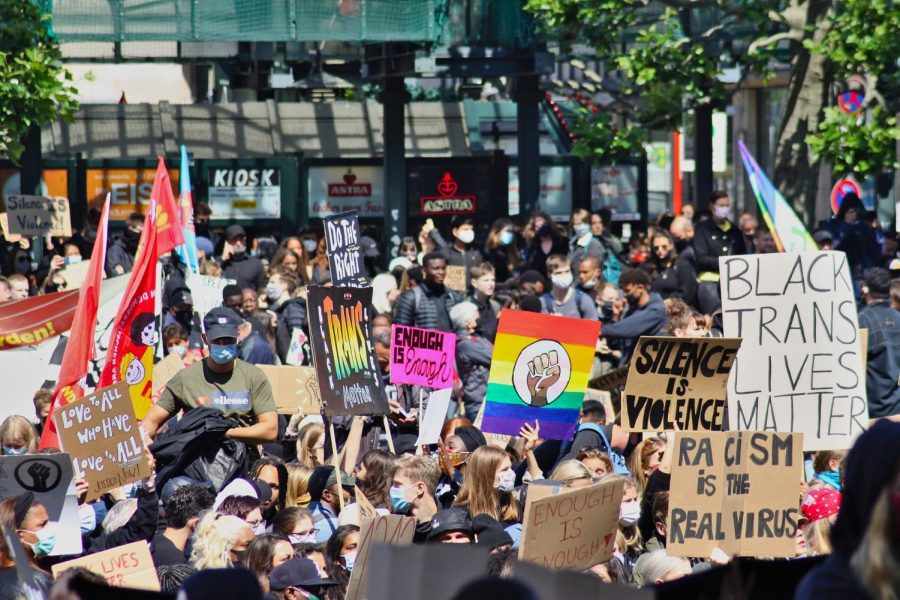Self-Care as an Activist
Life in America right now is dizzyingly stressful. The pandemic is filling up the headlines day in and day out. We still don’t have access to free healthcare. Black Americans are still fearing for their lives every time they hear police sirens. Women are still subject to sexual assault and harassment at an alarming rate. Climate change is eating away at our planet bit by bit. It’s alarming, it’s scary and it’s worth speaking about.
But at the same time, we’re tired. We’ve been home on quasi-lockdown for nearly a year. Our lives have become a series of Zoom calls, Google Drives and digital messages. We exist and connect to one another through machines, all day long. Our schedules are out of whack, and there’s no clear end in sight.
After a particularly long day of scrolling through social media, watching the news, and posting on my Instagram story, I find myself lying awake at night thinking: why is nothing changing? I care deeply about this issue, but am I doing all I can to help? What are the consequences of inaction? I’m stuck at home, what can I really do? I pick up my phone again and again and again. I need to get more sleep, but my worrying sometimes makes it hard to rest.
“… If you feel burnout setting in, if you feel demoralized and exhausted, it is best, for the sake of everyone, to withdraw and restore yourself,” the Dalai Lama said.
Self-care is a phrase we toss around pretty frequently, but it’s worth noting what it really means. Generally speaking, self-care can be any activity that we do deliberately with the goal of taking care of our mental, emotional and physical health. We want to change the world. We want to be heard if we have to scream from the rooftops. But maybe we need to realize that it’s not selfish to rest once in a while. In fact, it is necessary.
Effective activists must make reasoned, conscious decisions. More than just practicing what we preach, we need to be able to think clearly in order to be wise, not just appear so. We need to respond to critics in a well-reasoned and coherent manner. We need to have the energy to change minds and hearts. We can’t do that when we’re running on empty. It’s not a sign of weakness to take a day off if it helps make our messages stronger.
So, what does self-care look like? Everyone has to figure it out for themselves. It doesn’t always mean going to a spa or getting a massage. It could be reading a good book, petting a dog or playing your favorite video game. Self-care is a personal decision. What matters is that it’s intentional — that we decide to care for ourselves, not just that we put off work or fall into lazy behavior because we’re tired.
For me, putting my phone down for a day is always rejuvenating. My life revolves around Snapchat and Instagram, and I am constantly trying to keep up with friends and to always know what’s happening. It’s refreshing and calming to forget it for a little while. At my summer camp, I don’t have my phone for over a month. I get to spend time with my friends without any of the pressures that are often brought with our devices. After I get back, I feel ready to take on whatever comes at me, and face each problem with a more thought-out solution. One of the reasons I missed summer camp so much this year is because I wasn’t forced to unplug.
I realize I’m saying this from a place of privilege; I’m incredibly fortunate to go to summer camp each year. But it’s not the only way I can feel relaxed. More regularly, petting my dog gives me a tremendous sense of calm. But there’s no magic bullet: no single strategy works for everyone. The point is to do something that lowers your stress level. Do something — anything — that allows you to step away so that when you return, you are showing the world a better version of yourself.
“Almost everything will work again if you unplug it for a few minutes, including you.” – Anne Lamott










